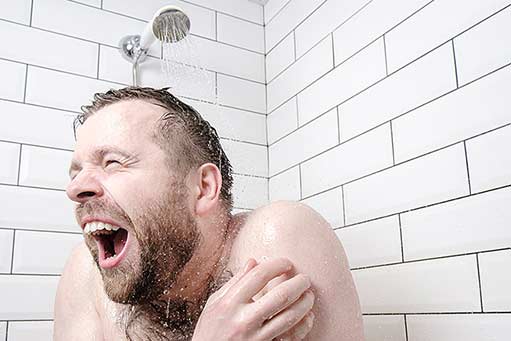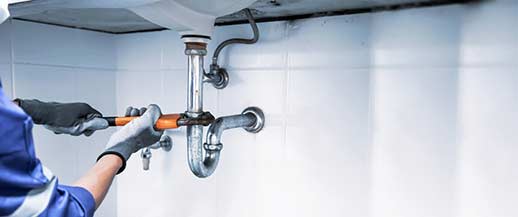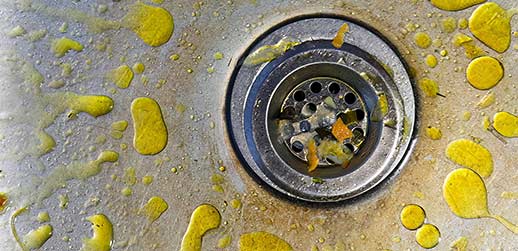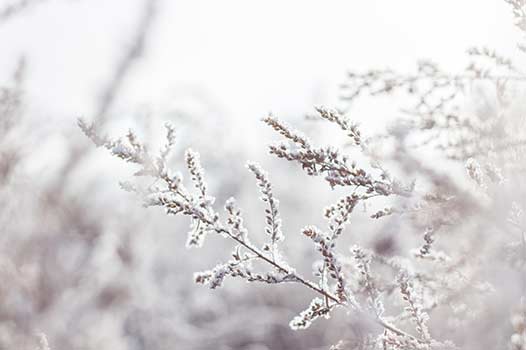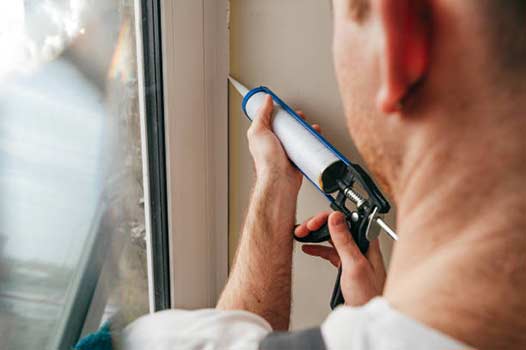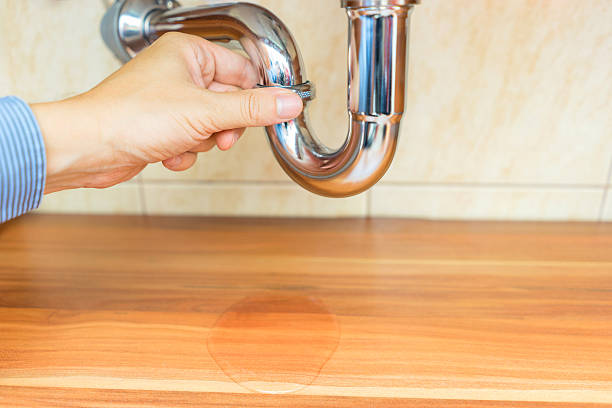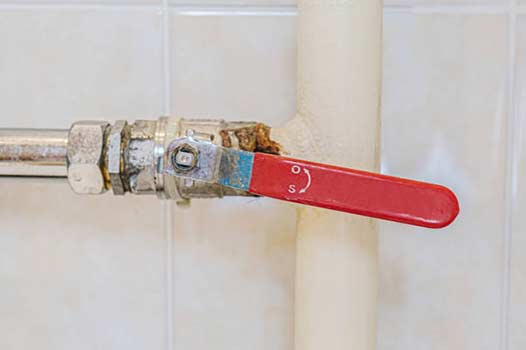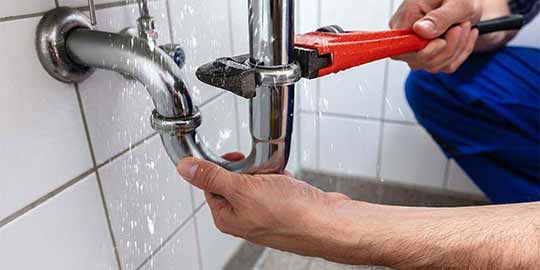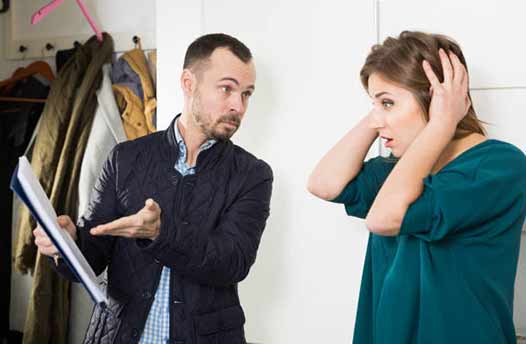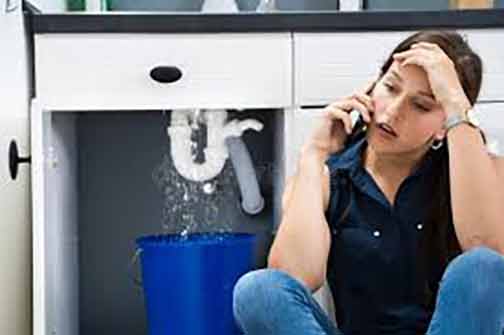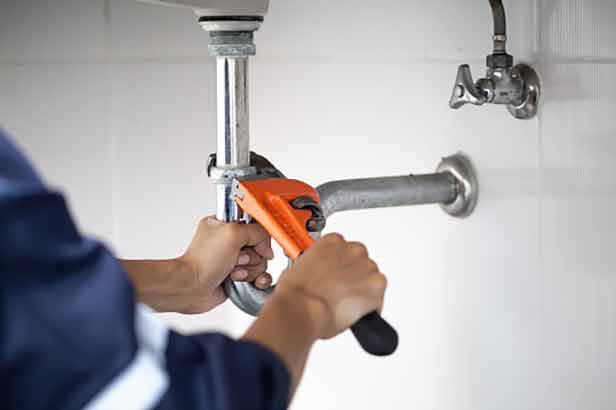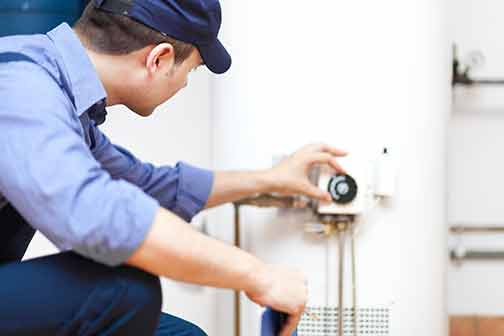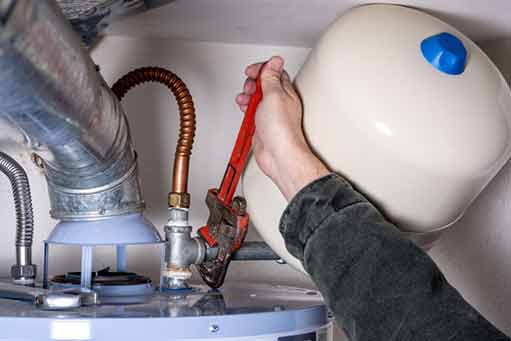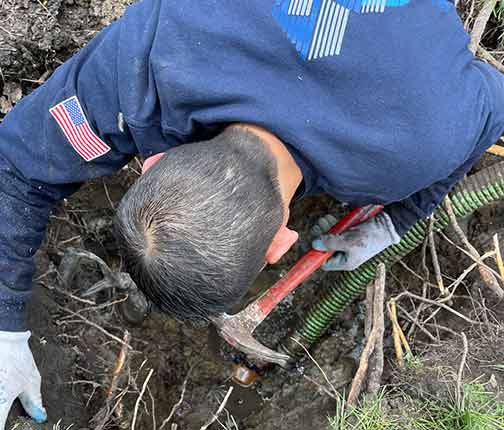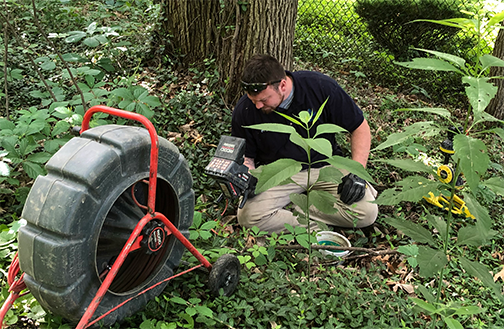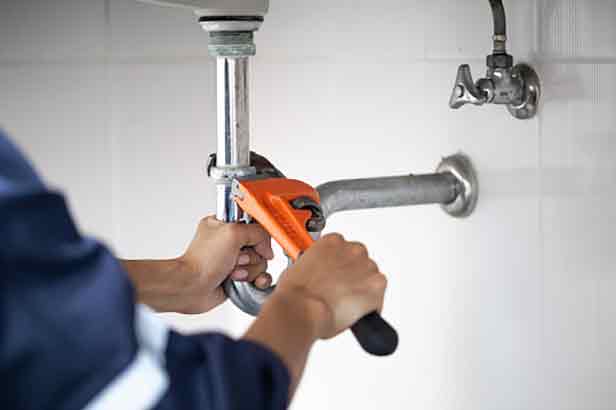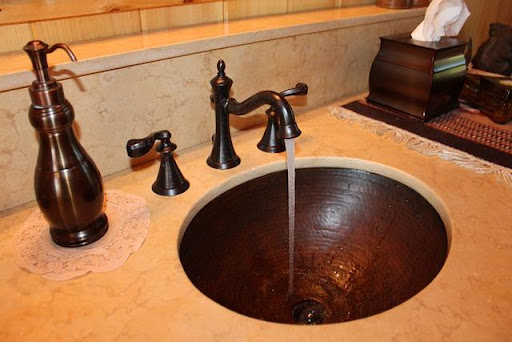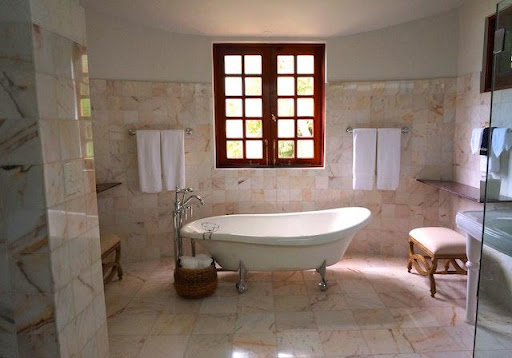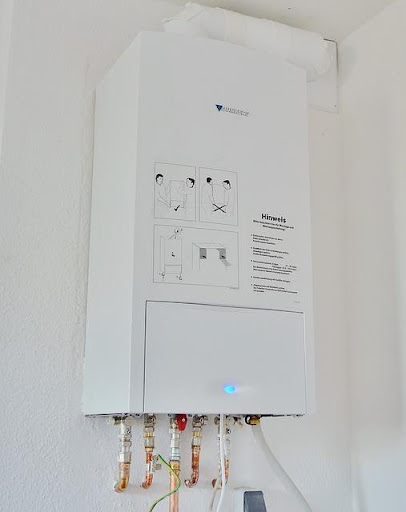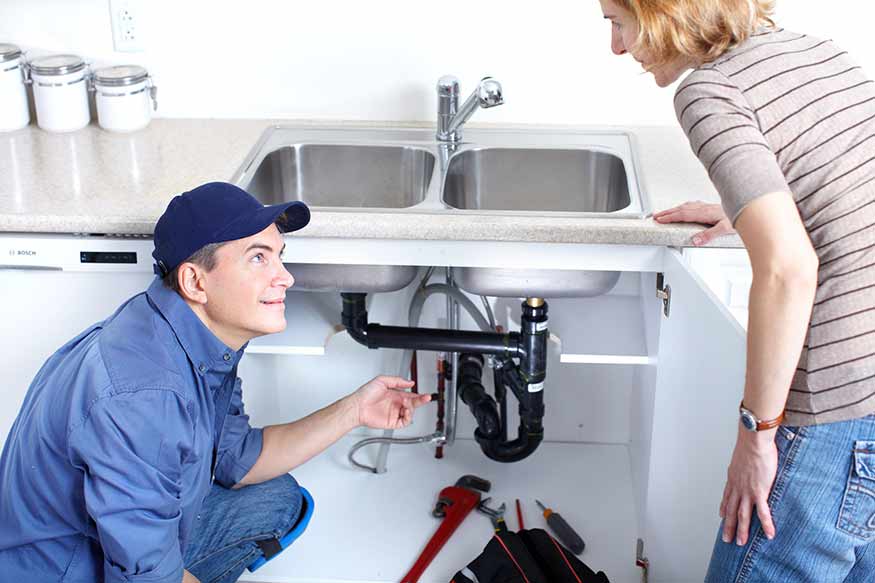Problems in your home’s plumbing system are unavoidable, but emergencies in your plumbing system are not. Plumbing emergencies do not have to happen. Homeowners often conflate plumbing problems with plumbing emergencies, but they are not the same according to AIM Real Estate, Inc.
While plumbing emergencies should not ever have to happen in your home, there is nothing you can do to stop plumbing problems from occurring. Problems in your plumbing WILL happen, but if you ignore those problems, they WILL become plumbing emergencies.
Today, we discuss the difference between plumbing problems and plumbing emergencies.
This post will show you the link between plumbing problems and plumbing emergencies. When you finish reading this article, you will see why having plumbing problems in your home should not mean that you will also have plumbing emergencies.
Plumbing problems
These are routine issues that happen in the plumbing system. They are the natural consequences of using the plumbing in the prescribed manner. Plumbing problems stem from wear and tear or aging. They will typically not stop you from using your home’s plumbing fixtures.
Most plumbing problems are not urgent. So you can DIY the problems. Because they are not disruptive, plumbing problems are typically detected during routine use of the plumbing fixtures, and they are solved as part of the home’s regular plumbing maintenance.
Examples of plumbing problems include:
A dripping faucet
The sound of a dripping faucet may be annoying enough to keep you up at night, and the problem can inflate your home’s water bills. But you will still be able to use your faucet despite the issue.
Slow drains
Slow drains are a huge inconvenience and a massive waste of your time (especially if you have to wait for a sink or shower to empty), but they don’t bring your life to an abrupt stop.
Running toilet
Similar to a dripping faucet, a runny toilet is a huge annoyance and a massive waste of money. But this problem will not make your toilet unusable or expose your home to the risk of damage.
Low water pressure
This is another highly frustrating plumbing issue that will waste your time and impair your shower time enjoyment. But you can still live with a low water pressure in your home.
Pipe leaks
Depending on how it happens, pipe leaks are not necessarily an emergency. Leaking pipes that do not damage your flooring, walls, foundation, or landscaping are not an urgent problem.
From the above, you can see that plumbing problems are not pressing. They don’t endanger the structures of your building or prevent the use of your home’s plumbing fixtures.
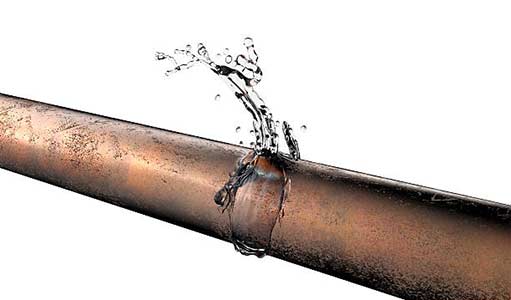
It is hard to go to sleep when there is a gaping hole in your water pipe, discharging gallons of water into your home. This problem can result in structural damage to your home and massive property loss.
Plumbing emergencies
Emergencies in the home are generally described as those problems that make your home unlivable, and plumbing emergencies fit this description. Plumbing emergencies typically announce themselves by the amount of damage they can do in a short time.
Plumbing emergencies cannot be ignored or solved with DIY methods because speed is vital when dealing with plumbing emergencies. A plumbing emergency’s highly disruptive nature means that it only worsens the longer it takes to solve the issue.
Examples of plumbing emergencies include:
A burst pipe
It is hard to go to sleep when there is a gaping hole in your water pipe, discharging gallons of water into your home. This problem can result in structural damage to your home and massive property loss.
Sewage backup
If raw sewage is oozing from your toilet and floor drains, that is a plumbing emergency. This issue will make your home unlivable and expose you to the risk of ill health. It must be solved immediately.
Gas leaks
A gas leak carries the threat of house fires and death by suffocation. That is not a problem you can afford to ignore. Nor is it one you should attempt to DIY.
Flooding
Whether caused by damage to your home’s plumbing or extreme weather events, a flood inside your home qualifies as an emergency because it is disruptive and very destructive.
No water in your home
A sudden break in your home’s water supply qualifies as an emergency because the presence of potable water is one of the key things that make a home livable.
Relationship between plumbing problems and plumbing emergencies
Most plumbing emergencies begin as plumbing problems.
When those plumbing problems are undiscovered, ignored or poorly solved, they degenerate to a point where they cause a disaster in the home. That is why the best way to prevent plumbing emergencies in your home is to deal with plumbing problems as soon as you find them.
To stop plumbing emergencies in your home, follow these steps:
- Have a professional inspect your home’s plumbing on a schedule every year
- Have your drains professionally cleaned at least once a year
- Make sure plumbing issues are properly fixed as soon as they are detected
Lastly, you want to ensure that you have a certified and experienced emergency plumber whom you can trust to find and fix the plumbing problems in your home before those issues grow into highly damaging and costly plumbing emergencies.
